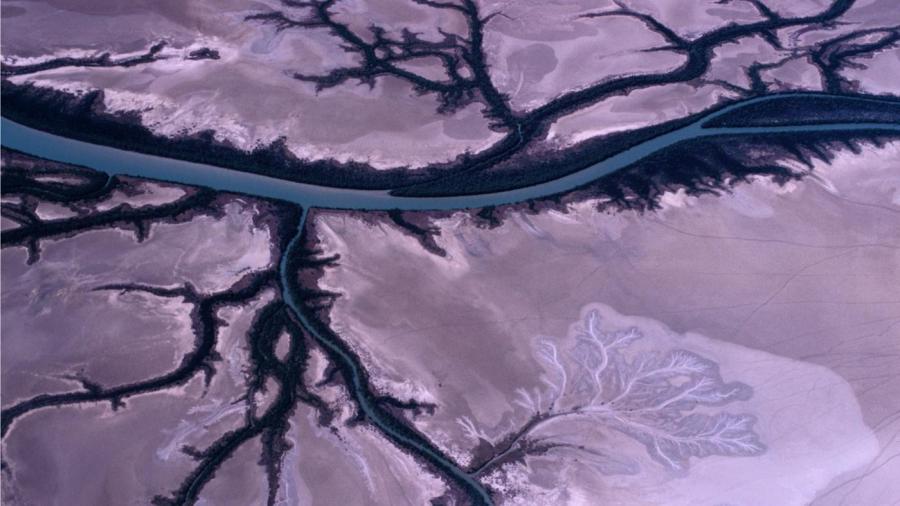What Is the Definition of a River System?

A river system is a way of describing the larger networks of streams, lakes and rivers that are part of a larger river’s network of tributaries and distributaries; for example, multiple rivers, including the Ohio, Red and Missouri rivers empty into the Mississippi River, serving as tributaries and are part of the Mississippi River’s system. These waterways are interconnected and the health of one of these rivers can have an impact on other waterways in the same river system. Additionally, land can be part of a river system, such as the flood plains and wetlands that are impacted by a main river and its tributaries and distributaries.
In most cases, rivers will have a main source, such as snow melt from a mountain that flows down into multiple streams that then join together to form a river that runs into a much larger river. This is an example of a river system. From an environmental standpoint, river systems are ecosystems that can suffer negative effects on things such as water quality and plant and animal life health if just one part of the system is polluted or damaged. For example, if a river’s source suffers from a high level of pollution or a severe drought, the effect will be felt throughout the waterways and lands included in the river system.





